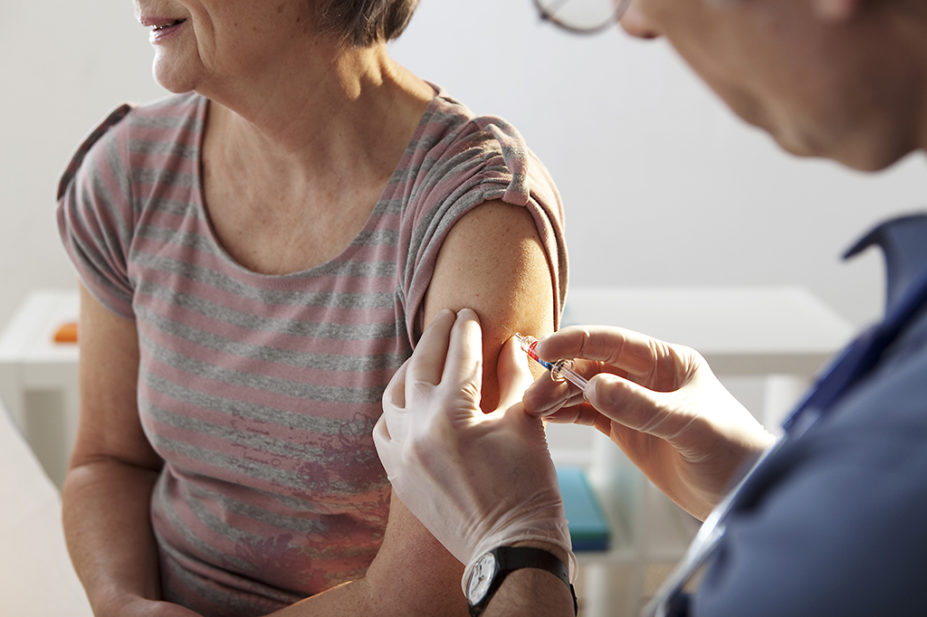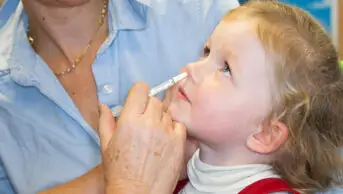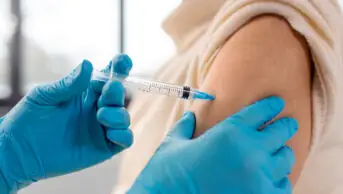
Shutterstock.com
People at a higher risk of severe COVID-19 should be offered a booster vaccine dose in autumn 2023, according to new interim advice in a report from the Joint Committee on Vaccination and Immunisation (JCVI).
An extra booster vaccine dose may also be offered in spring 2023 for some smaller groups, such as those who are immunosuppressed.
The JCVI report, published on 25 January 2023, highlighted that the “current Omicron era” is characterised by high levels of population immunity, acquired through vaccination and/or natural infection and lower disease severity compared to previous variants.
However, the risk of severe COVID-19 continues to be disproportionately greater in those from older age groups (aged 50 years and over), residents in care homes, frontline health and social care workers and people with underlying health conditions. As a result, booster doses of the vaccine will be targeted towards these groups.
In line with this, the JCVI also advised that the 2021 booster offer for people aged 16–49 years who are not in a clinical risk group should close, in alignment with the closure of the autumn 2022 vaccination programme.
In terms of first-dose COVID-19 vaccination, the JCVI said that this should move towards a more targeted offer over the course of 2023, to protect those at highest risk.
In November 2021, the JCVI advised that healthy adults, aged 40–49 years, should receive boosters owing to the epidemiology at the time. With the emergence of the Omicron variant in late November 2021, this was then extended to include healthy individuals aged 16–39 years, as part of an emergency surge response.
However, the JCVI pointed out in the new report that, since April 2022, uptake of the initial booster dose of COVID-19 vaccine has been less than 0.1% per week in all eligible people under 50 years of age.
“A more targeted offer of primary course vaccination during vaccination campaign periods will enable these efforts to be more focused and allow more efficient use of NHS resources,” the JCVI said.
The committee added that it would “keep the epidemiology of COVID-19 under review and provide advice for a surge response, as required”.


